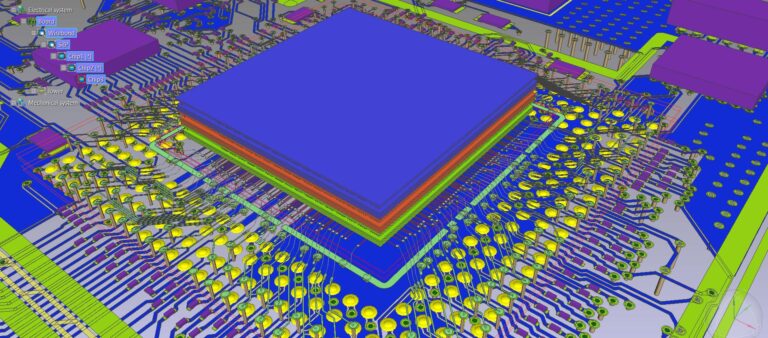US Tightens Export Controls on Advanced Chip Software and Essential Chemicals to China
The United States has recently intensified its export restrictions, targeting the shipment of sophisticated chip design software, specialized chemicals, and other pivotal technologies destined for China. This strategic move is designed to hinder Beijing’s progress in developing state-of-the-art semiconductor technologies amid escalating concerns over national security and technological dominance. These enhanced controls represent a notable escalation in Washington’s campaign to restrict China’s access to sensitive tech resources during an increasingly fierce competition between the two global economic powerhouses.
Specifically, the updated regulations focus on companies that manufacture critical tools used in semiconductor innovation-tools that have potential applications across both civilian industries and military sectors. The expanded list of controlled items now includes various chemical compounds essential for producing advanced electronic components. Industry analysts warn that these measures could disrupt existing supply chains and increase production costs for manufacturers dependent on these materials.
- Prohibition on exporting cutting-edge chip design software utilized in AI development and supercomputing
- Introduction of stringent licensing protocols governing chemical exports linked to semiconductor fabrication
- Enhanced oversight of logistics providers involved in transporting restricted goods
| Category | Examples | Effect of Restrictions |
|---|---|---|
| Chip Design Software | E.g., Electronic Design Automation (EDA) tools for microchip layout planning | Tightened export licensing requirements apply |
| Chemicals for Semiconductor Manufacturing | E.g., photoresists, etching agents used in wafer processing | Mandatory government approval needed before exportation>> |
| Tactic | Recommended Action | |
|---|---|---|
Looking Ahead: The Future Landscape of US-China Technology Trade Restrictions
The recent tightening by Washington over exports related to advanced chip design software along with specialty chemicals highlights intensifying friction between America and China concerning technology transfer risks tied closely with national security priorities.
This evolving scenario will undoubtedly influence global markets as stakeholders assess impacts spanning from disrupted supply chains through altered competitive dynamics within the semiconductor sector.
The coming months will be critical as both nations respond strategically-whether through further policy adjustments or diplomatic negotiations-with Reuters committed to providing ongoing coverage about developments shaping this high-stakes trade confrontation.




